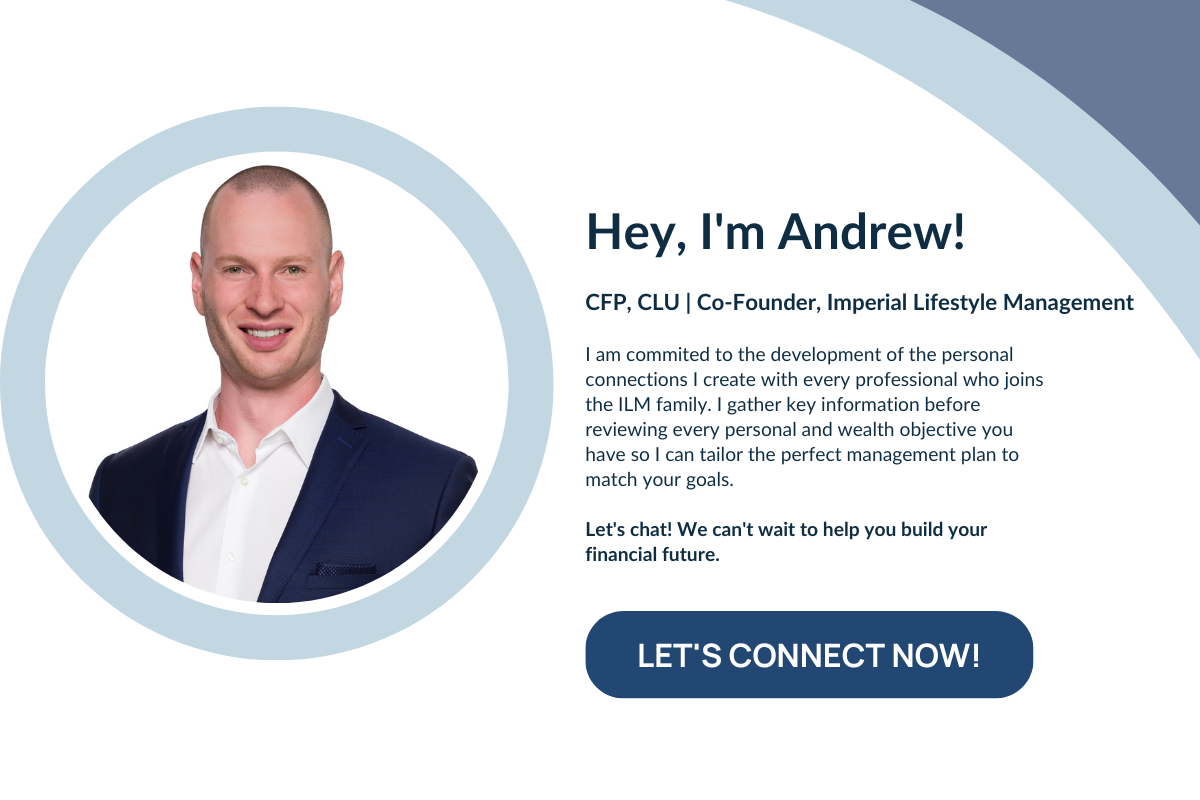
- If You’re Incorporated, You Hold More Control
Physicians operating through a Medical Professional Corporation (MPC) have greater flexibility when taking time off. Even while you’re on leave, your corporation can remain active and support your lifestyle — but it’s crucial to plan ahead:
- A lower-income year may be the ideal time to issue dividends or salary for tax efficiency.
- Be mindful if your corporation earns passive investment income exceeding $50,000 annually, as it can reduce your small business deduction.
- Keeping your corporation open — with minimal ongoing administrative or professional costs — allows you to preserve its structural advantages and access retained earnings as needed.
ILM Tip: Many physicians miss the opportunity to leverage corporate reserves strategically during a sabbatical. Proper planning can transform a break into a tax-smart move.
- Cash Flow Will Shift — Structure Accordingly
Even without active income, your personal and professional obligations don’t disappear. Licensing fees, insurance premiums, student loan payments, and perhaps even clinic expenses may continue.
To avoid financial strain:
- Build a 6–12 month personal and business buffer.
- Re-evaluate personal expenses and scale back where possible.
- Coordinate timing of personal withdrawals (salary/dividends) to stay in a favourable tax bracket.
- Lower Income = Financial Opportunity
While sabbaticals often feel like a financial pause, they can be leveraged for smart wealth planning.
- A reduced tax bracket may create the perfect window to draw down from RRSPs or realize dividends.
- Certain expenses (such as professional liability insurance or bookkeeping) may still be tax-deductible, even while not actively practicing.
- Use this time to:
- Realize capital gains at a lower marginal rate
- Contribute to your TFSA
- Revisit your corporate structure for long-term optimization
Note: Many financial advisors overlook these key income-smoothing strategies. At ILM, this is where we excel — helping you manage cash flow with strategic intent.
- Don’t Assume Insurance Has You Covered
One of the most misunderstood aspects of taking a leave is insurance eligibility. Many disability or office overhead policies require that you are actively working to qualify for benefits.
Before taking your sabbatical:
- Review your policy terms and conditions thoroughly.
- Contact your insurance provider — some may offer premium pauses or temporary modifications.
- Explore gap coverage if needed to ensure you’re not exposed during your time away.
- Your Return Needs to Be as Strategic as Your Exit
Whether you’re away for six months or more than a year, your reintegration plan matters. Consider:
- Rebuilding your patient base — how will referrals or schedules resume?
- Regulatory and credentialing requirements — will any need to be updated or renewed?
- Post-leave billing, overhead, and compensation — do they need adjusting?
You want your return to practice to feel seamless — not a scramble.
Final Thought: Step Away Without Stepping Back Financially
A sabbatical can be a transformative experience when it’s backed by sound financial strategy. At Imperial Lifestyle Management, we’ve helped hundreds of physicians navigate periods of change — from early career transitions to retirement planning — and everything in between.
Let us help you pause your career without compromising your future.
Book your free financial strategy session at imperiallife.ca before you unplug.




Stay In Touch